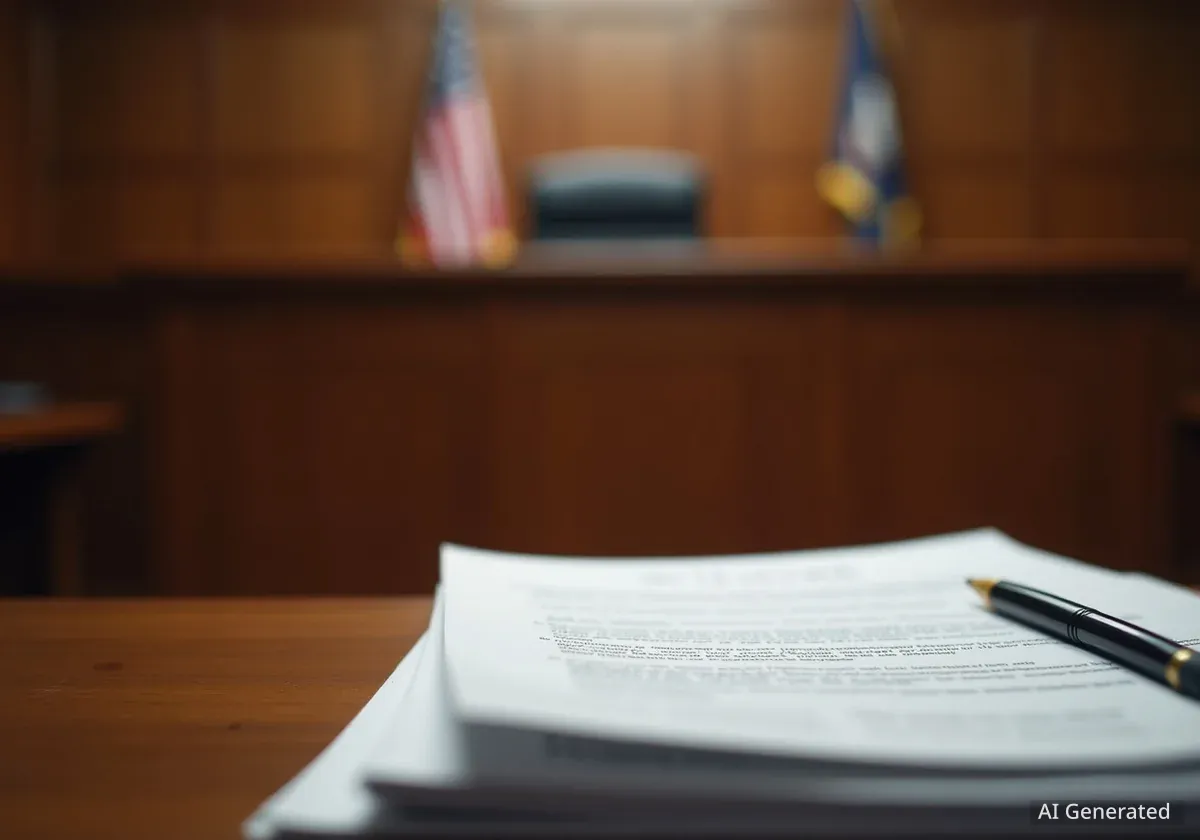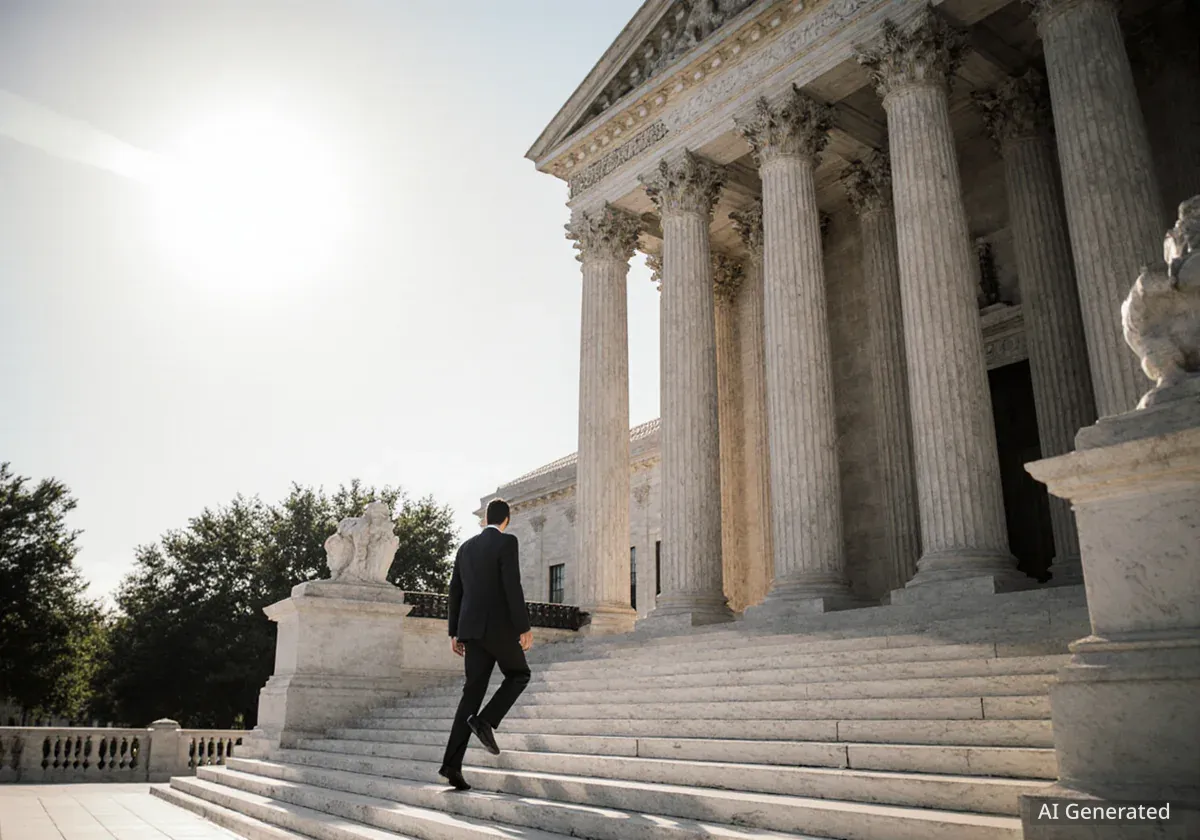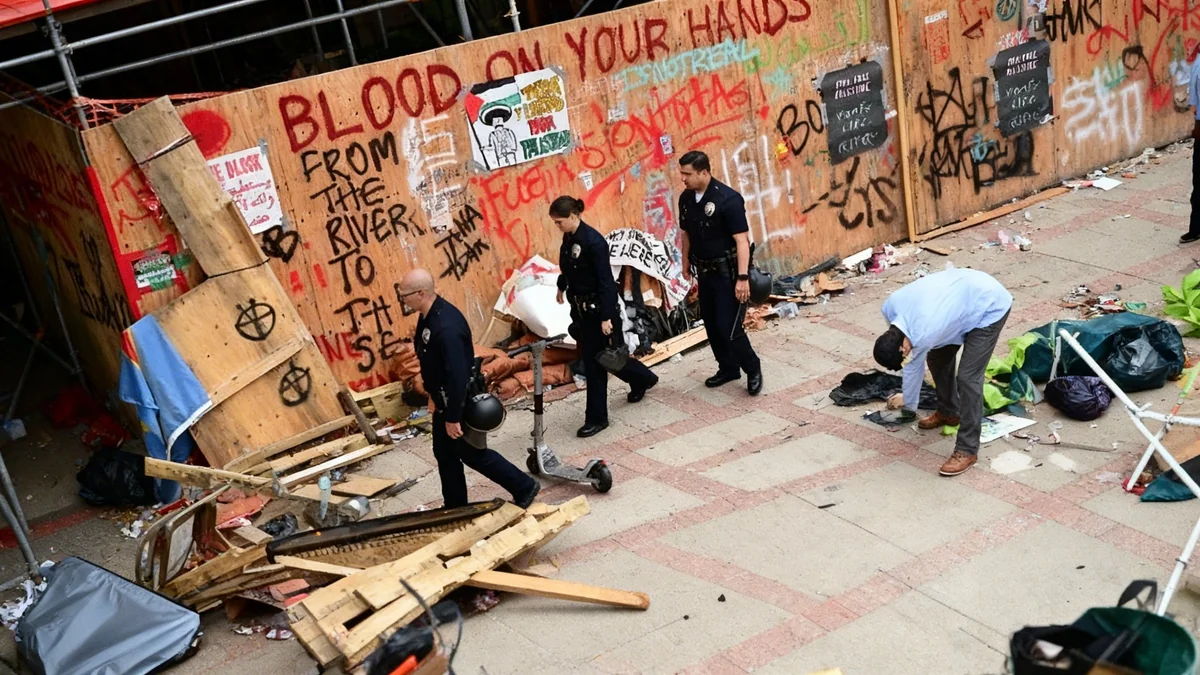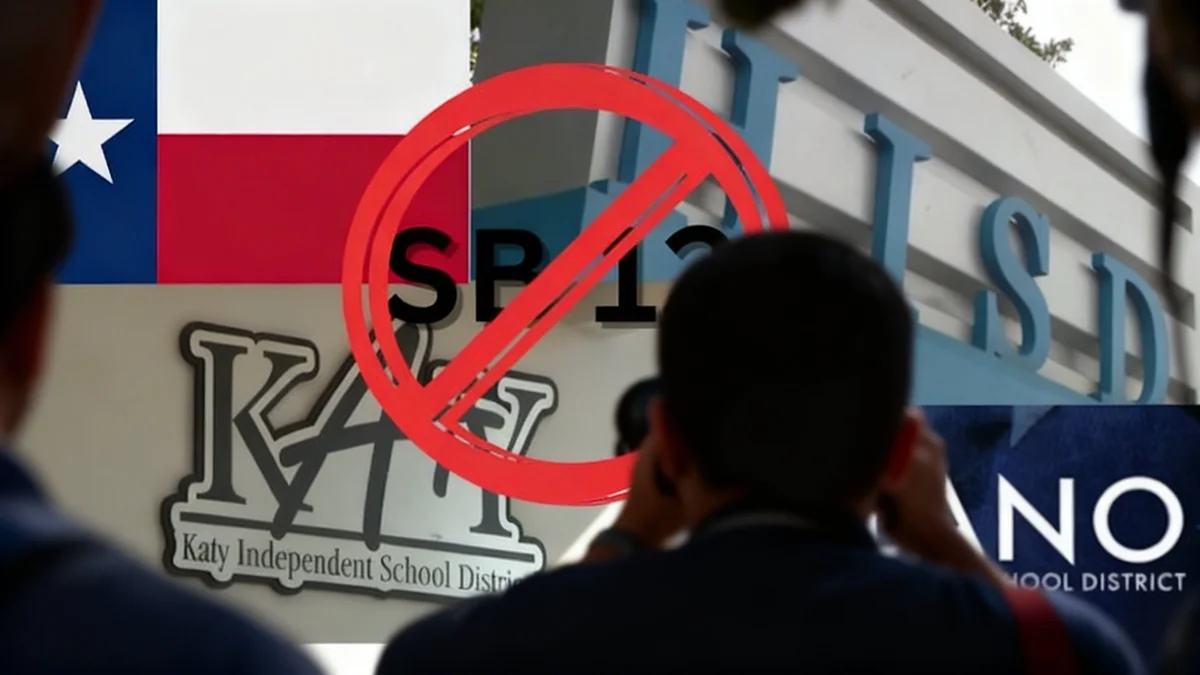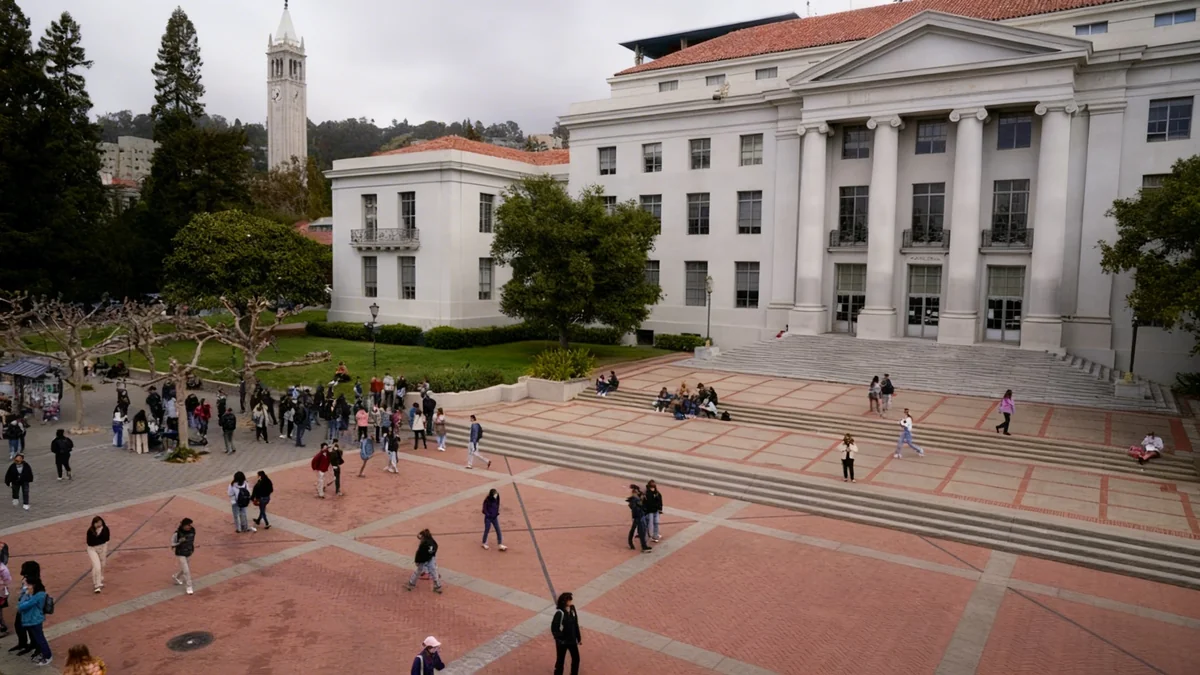A federal court has denied a request from University of Missouri System President Mun Choi to dismiss a lawsuit filed against him by a student group. The lawsuit, brought by Mizzou Students for Justice in Palestine (MSJP), alleges that Choi violated the group's First Amendment rights.
The ruling, issued by U.S. District Judge Stephen Bough, allows the civil rights complaint to move forward. The core of the dispute stems from the university's decision to bar the student organization from participating in the 2024 Homecoming parade.
Key Takeaways
- A federal judge denied UM System President Mun Choi's motion to dismiss a lawsuit filed by Mizzou Students for Justice in Palestine (MSJP).
- The lawsuit alleges First Amendment violations after MSJP was barred from the 2024 Homecoming parade.
- The court rejected Choi's claim of qualified immunity, a protection for government officials.
- The case will now proceed, focusing on the student group's freedom of speech rights on campus.
The Court's Decision on Immunity
The central legal issue addressed in the recent ruling was President Choi's claim of qualified immunity. This legal doctrine often protects government officials, including those at public universities, from liability in civil lawsuits unless their conduct violates clearly established constitutional rights.
In his decision filed on Wednesday, Judge Bough determined that the allegations presented by MSJP were sufficient to overcome this protection at this stage of the legal process. By denying the motion to dismiss, the court has signaled that the student group's claims of a First Amendment violation are plausible and deserve to be fully examined.
This decision does not represent a final judgment on the merits of the case. Instead, it clears the path for the lawsuit to proceed through the legal system, including discovery and potentially a trial.
Understanding Qualified Immunity
Qualified immunity is a legal principle that grants government officials performing discretionary functions immunity from civil suits unless the plaintiff shows that the official violated "clearly established statutory or constitutional rights of which a reasonable person would have known." It is a high legal standard for plaintiffs to meet and is often a key hurdle in cases brought against public officials.
Background of the Parade Dispute
The lawsuit originated from events surrounding the University of Missouri's 2024 Homecoming parade. Mizzou Students for Justice in Palestine submitted an application to participate, but it was personally denied by President Choi. This action prompted the group to seek legal recourse.
According to court documents, the university's justification for the denial centered on new parade policies. These policies were implemented to prohibit political groups from participating. The university also cited safety concerns, referencing the group's former president and broader tensions related to campus violence in other parts of the country.
MSJP, represented by the Council on American-Islamic Relations (CAIR), filed its lawsuit in August 2025, arguing that the exclusion was a form of viewpoint discrimination and a direct infringement on their right to free expression.
Timeline of Events
- 2024: MSJP is denied participation in the University of Missouri Homecoming parade.
- August 2025: MSJP, with CAIR representation, files a lawsuit against President Mun Choi.
- September 2025: A federal court issues a ruling allowing MSJP to participate in the 2025 Homecoming parade while the larger case is pending.
- November 2025: The court denies President Choi's motion to dismiss the lawsuit, allowing the case to move forward.
First Amendment Rights on Campus
This case highlights the ongoing and complex debate over the scope of First Amendment protections on public university campuses. As institutions of higher learning, universities are often seen as marketplaces of ideas where a wide range of viewpoints should be freely expressed.
The Legal Argument
The core of MSJP's complaint is that the university's policy, and its application to their group, was not a neutral regulation but a targeted effort to silence a specific political viewpoint. The First Amendment generally prevents government entities, including public universities, from restricting speech based on its content or message.
The university's defense points to its authority to regulate campus events to ensure safety and order. However, such regulations must typically be content-neutral and narrowly tailored to serve a significant government interest. The student group argues that banning all "political" groups is overly broad and was applied in a discriminatory manner.
What Happens Next
With the denial of the motion to dismiss, the lawsuit against President Choi now enters a new phase. The legal process will continue, likely involving the discovery phase, where both parties gather evidence, exchange documents, and conduct depositions.
The case raises significant questions about how public universities balance safety concerns with their constitutional obligations to protect free speech. The outcome could have lasting implications for how student groups are managed and what criteria can be used to regulate their participation in major campus events like Homecoming.
While an earlier court order did permit MSJP to participate in the 2025 parade, the underlying lawsuit seeks to address the constitutionality of the policy itself and the actions taken by the university administration. The Council on American-Islamic Relations confirmed in a news release that the civil rights complaint is officially moving forward following the court's latest decision.
